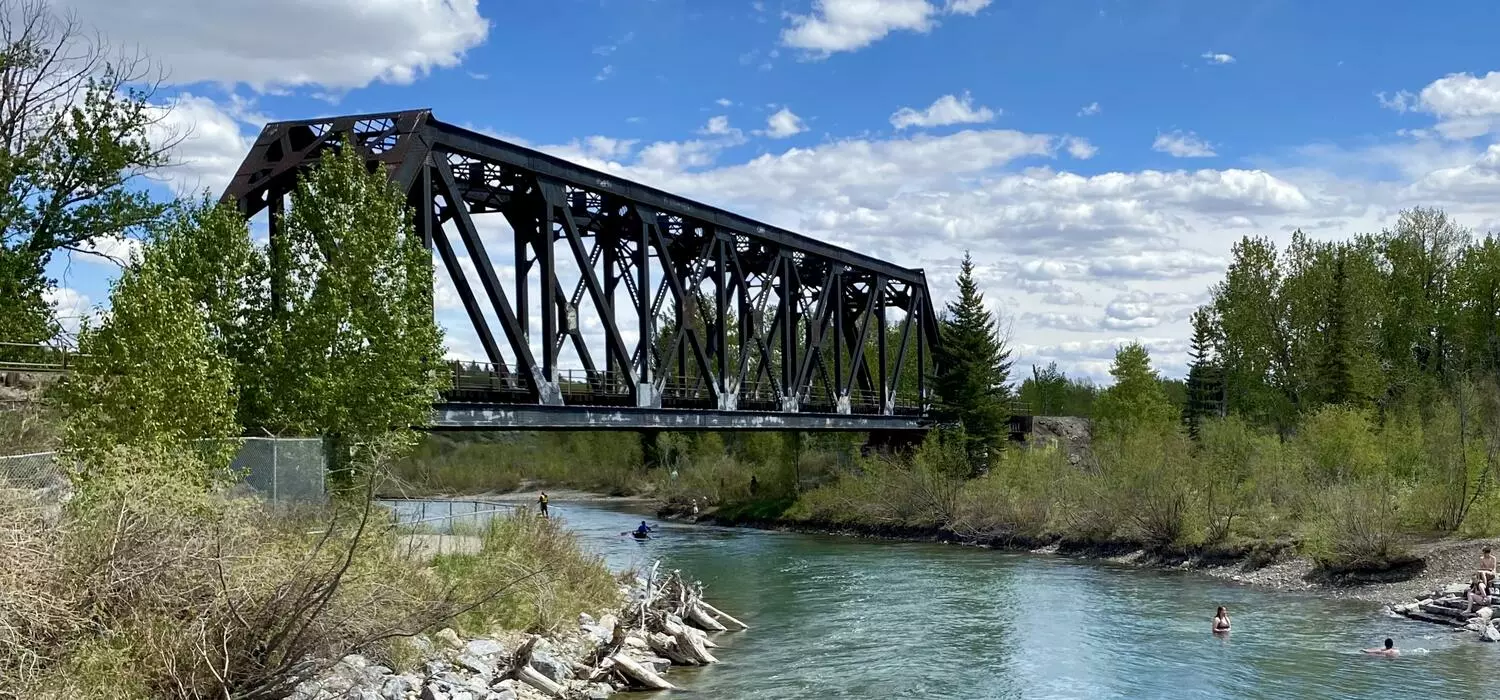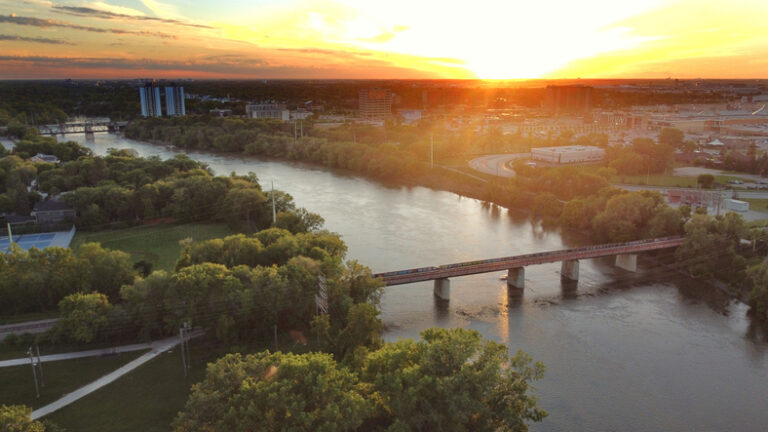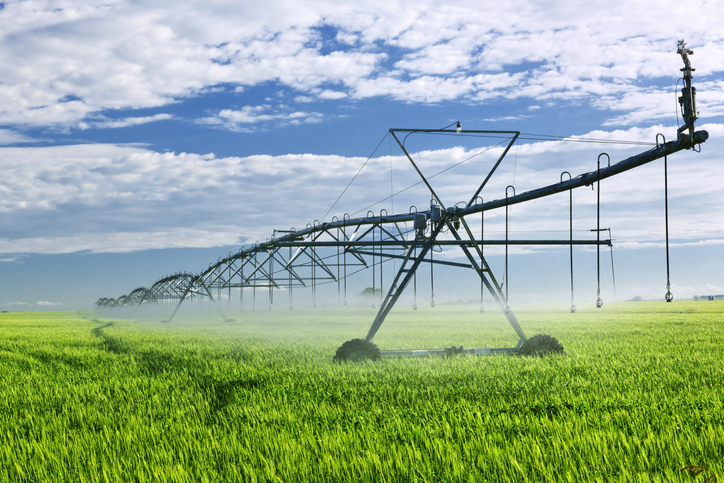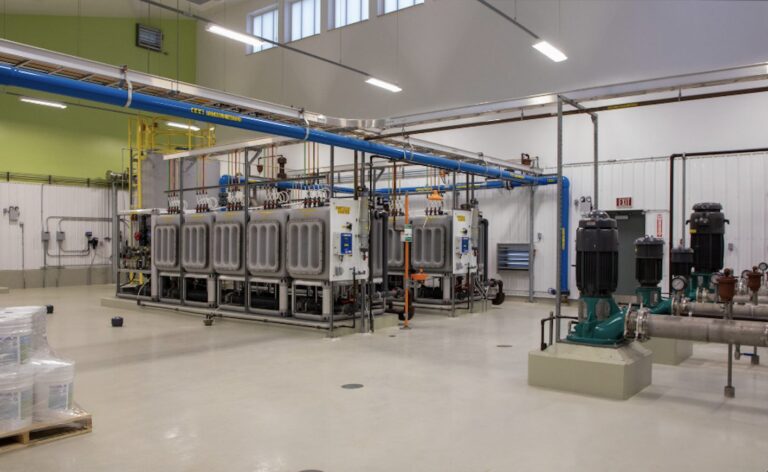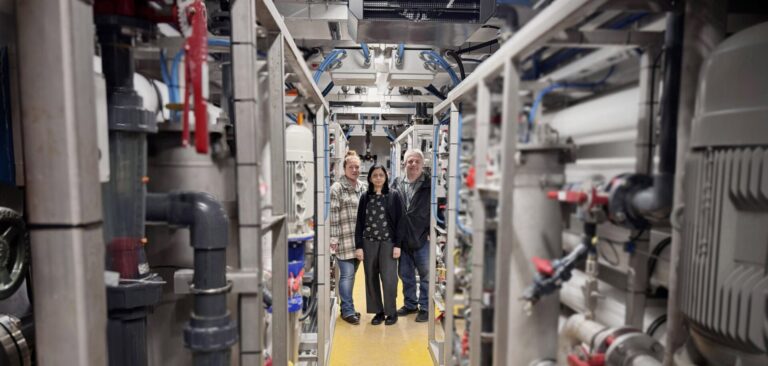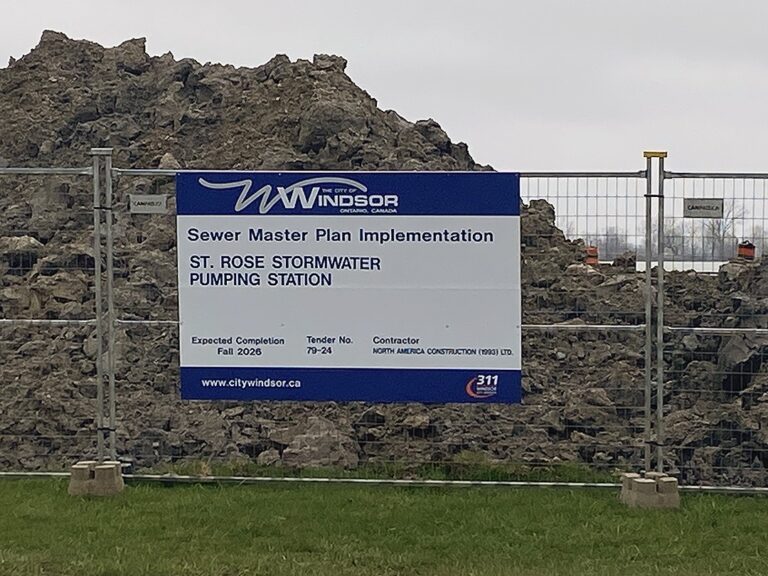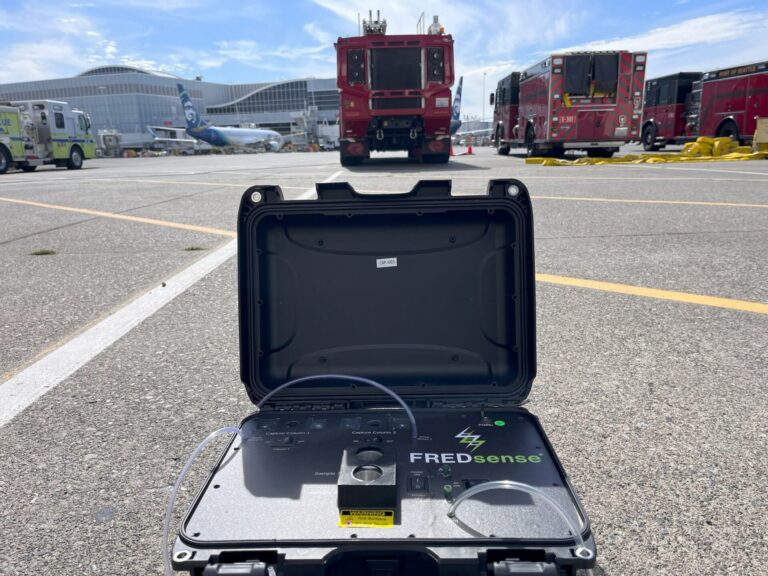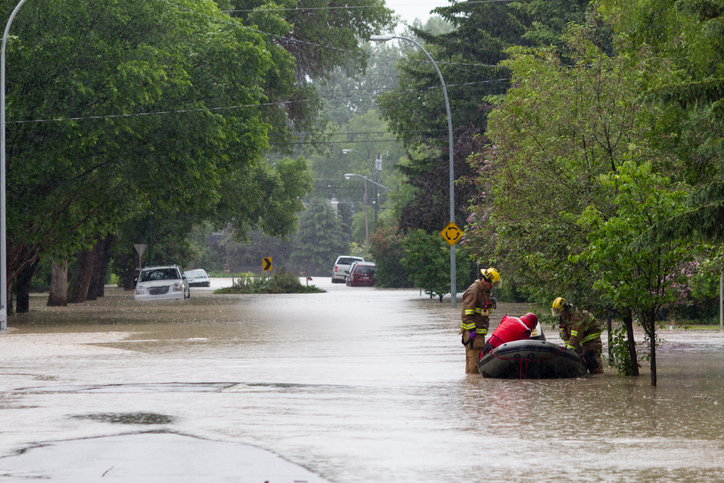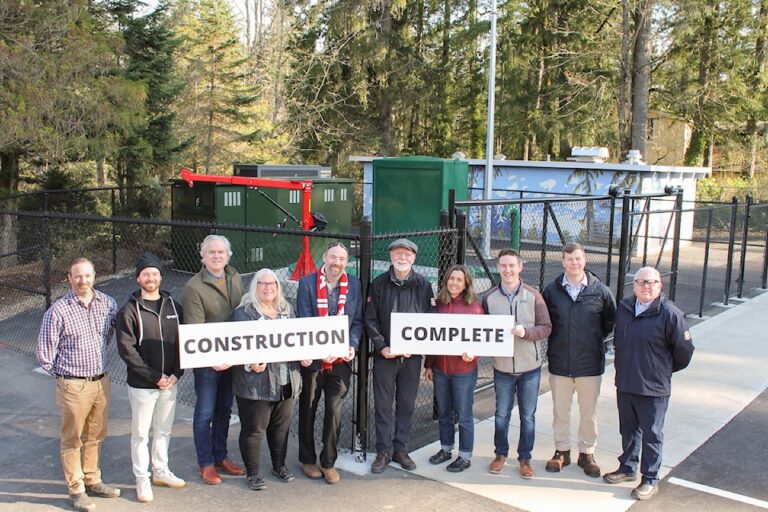Researchers from the University of Calgary are working with Environment and Climate Change Canada to shape the future of freshwater science in the country.
In March, academics from the Faculty of Science and The Simpson Centre for Food and Agricultural Policy co-hosted a workshop in Calgary to talk about a National Freshwater Science Agenda (NFSA) as it relates to agriculture.
“The intent of the National Freshwater Science Agenda is to be a template that identifies the issues and priorities that the federal government should be investing in in terms of its research, monitoring and collaborative programs over the next 10 years,” says Dr. Fred Wrona, PhD, a professor in the Faculty of Science and Svare Research Chair in Integrated Watershed Processes.
“We brought in various representatives, stakeholders and groups associated with the agricultural sector very much with a western Canadian and an Alberta focus.”
Safe space for needed conversation
Dr. Guillaume Lhermie, DVM, director of The Simpson Centre and a professor in the Faculty of Veterinary Medicine, says it was important to make everyone feel like they were in a safe space.
“It is quite a controversial issue,” he says. “Water management is something that is important to everyone and the agricultural sector is one that is actually using a lot of water, a lot of freshwater.
“So, it means we have to have these difficult conversations.”
Lhermie says those conversations need to include industry groups to understand their needs and priorities over the long term as research priorities are set.
Many voices at the table
Dr. David Barrett, PhD, a research associate in Biological Sciences, says it was valuable to hear from agricultural producers such as farmers and ranchers.
“One of the things that’s quite tricky within academia is that we can get stuck in our silos, our own little academic bubbles,” he says. “For these concerns, which are emerging and, on our doorstep, right now — from water quality to water quantity, let alone all the political discussion — it’s so important to have that on-the-ground discussion,” he says.
“We need to capture all aspects of science, economics. You need that range of experience and input and knowledge.”
Bridge gap between science and policy
Top officials at Results Driven Agricultural Research (RDAR), Environment and Climate Change Canada, and the Global Institute for Water Security gave talks at the workshop. Those talks set the stage for critical discussions on water quantity, water quality, ecological impacts and best management practices in agriculture.
Discussions also included bridging the gap between science and policy, knowledge translation and the role of Indigenous knowledge and citizen science in freshwater research.
Researchers say it’s important to have a solid foundation of science to inform and strengthen evidence-based decisions. They are preparing a workshop report for Environment and Climate Change Canada to help guide the course of freshwater science and knowledge on Canada’s most pressing water challenges.
Credit belongs to University of Calgary.

